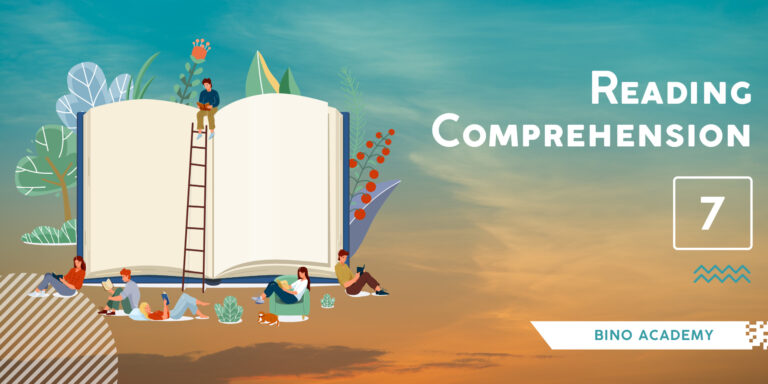Cấp độ: Nâng Cao (C1)
Audio:
Reading:
Psychologists have long known that having a set of cherished companions is crucial to mental well-being. A recent study by Australian investigators concluded that our friends even help to (1) ______ our lives. The study concentrated (2) ______ the social environment, general health, and lifestyle of 1,477 persons older than 70 years. The participants were asked how much contact they had with friends, children, relatives and acquaintances. Researchers were surprised to learn that friendships increased life (3) ______ to a far greater extent than frequent contact with children and other relatives. This benefit held true even after these friends had moved away to another city and was independent of factors such as socioeconomic status, health, and way of life. According to scientists, the ability to have relationships with people to (4) ______ one is important has a positive effect on physical and mental health. Stress and tendency towards depression are reduced, and behaviors that are damaging to health, such as smoking and drinking, occur less frequently. (5) _______, our support networks, in times of calamity in particular, can raise our moods and feelings of self-worth and offer helpful strategies for dealing with difficult personal challenges.
NEW VOCABULARY:
psychologists (n): (Những) nhà tâm lý học.
cherished (adj): được trân trọng
companions (n): (Những) người bạn đồng hành.
crucial (adj): quan trọng.
well-being (n): trạng thái hạnh phúc, phúc lợi.
investigators (n): (Những) người điều tra, nhà khảo sát.
concluded (v): (Đã) kết luận.
participants (n): (Những) người tham gia.
acquaintances (n): (Những) người quen.
frequent (adj): thường xuyên.
socioeconomic (adj): mang tính kinh tế, xã hội.
tendency (n): xu hướng
calamity (n): thảm họa,
self-worth (n): lòng tự trọng.
QUESTIONS:
Question 1:
A. prolong B. lengthen C. stretch D. expand
Question 2:
A. in B. with C. on D. at
Question 3:
A. expectation B. insurance C. expectancy D. assurance
Question 4:
A. who B. whom C. what D. that
Question 5:
A. Otherwise B. For example C. Moreover D. However


1. D
2. C
3. C
4. B
5. C
1.A
2.B
3.C
4.B
5.C
1. Prolong
2. On
3. Expectancy
4. whom
5. Otherwise